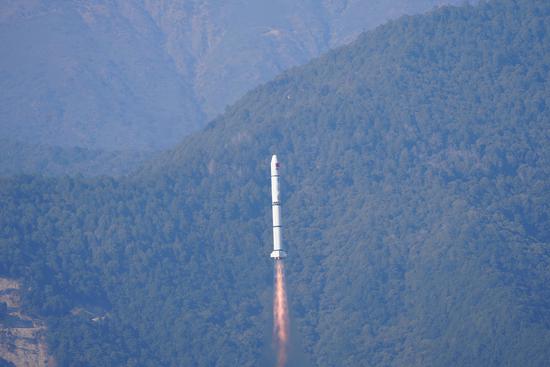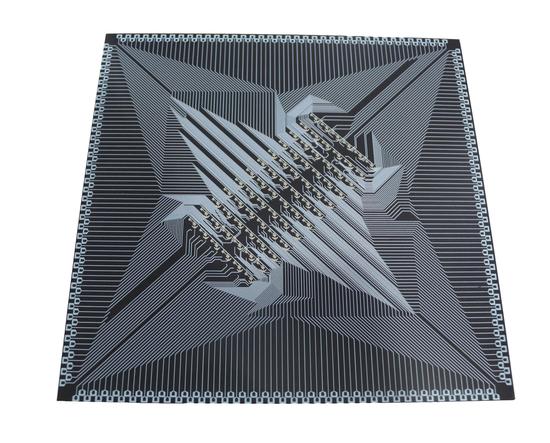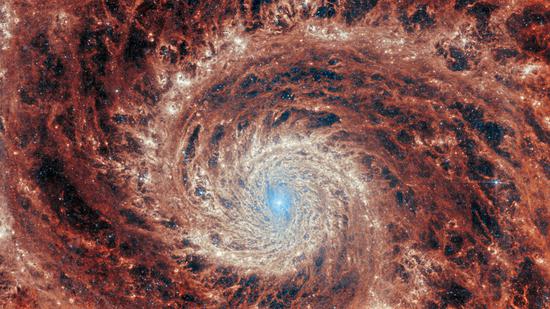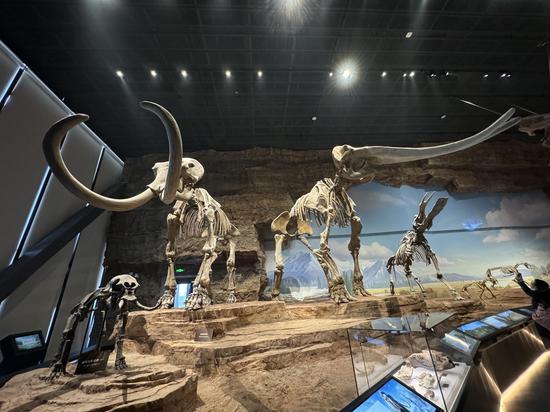
A Long March 2C carrier rocket carrying a new astronomical satellite named Einstein Probe blasts off from the Xichang Satellite Launch Center in Southwest China's Sichuan province, Jan 9, 2024. (Photo/China News Service)
China launched a cutting-edge orbital telescope on Tuesday afternoon to try to capture traces of fleeting phenomena and give scientists more knowledge about black holes.
The Einstein Probe, a space-based X-ray telescope, was launched by a Long March 2C carrier rocket that lifted off at 3:03 pm from the Xichang Satellite Launch Centre in southwestern China's Sichuan province, and then placed in a low-Earth orbit.
It is the latest space science satellite developed by the Chinese Academy of Sciences, following the Mozi quantum science satellite, the Wukong dark matter particle explorer, the Insight Hard X-ray Modulation Telescope, and several other spacecraft.
The Chinese Academy of Sciences' National Astronomical Observatories said the Einstein Probe is dedicated to time-domain high-energy astrophysics and multi-messenger astronomy. The satellite has two payloads: the Wide-field X-ray Telescope and the Follow-up X-ray Telescope.
Its primary goals are to discover and characterize cosmic X-ray transients, particularly faint, distant and rare X-ray transients, in large numbers; discover and characterize X-ray outbursts from otherwise normally dormant black holes; and search for X-ray sources associated with gravitational-wave events and precisely locate them.
The observatories said the mission will address some of the key questions in astrophysics and cosmology, such as the prevalence of massive black holes in the universe and how they formed and evolved, the astrophysical origins and underlying processes of gravitational wave events, and the progenitors and processes of supernovae.
The European Space Agency and the Max Planck Institute for Extraterrestrial Physics in Germany have participated in the project.
The ESA provided support for the testing and calibrating of the detectors and optical elements of the Wide-field X-ray Telescope, and also helped develop and test the mirror assembly and electron diverter of the Follow-up X-ray Telescope.
Its ground stations will be used to help download data from the spacecraft throughout the mission, the European agency said.
The Max Planck Institute for Extraterrestrial Physics contributed some components and test facilities to the project.


















































 京公網安備 11010202009201號
京公網安備 11010202009201號